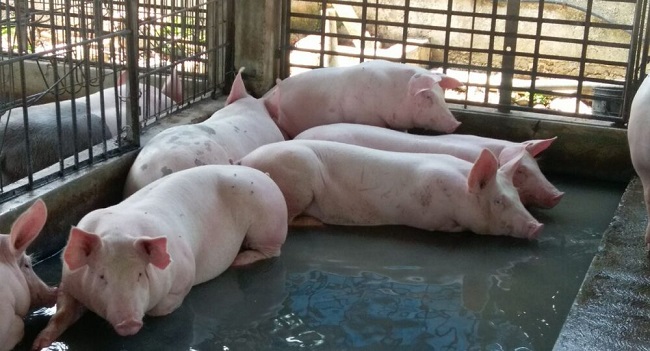A study carried out in Yucatán by the Jaltún organization and the United Nations Development Program (UNDP) revealed that the water in the municipalities of Maxcanú and Kinchil is unfit for human consumption, as it is contaminated, apparently due to the operation of pig farms located nearby.
This work was carried out in 23 bodies of water in these municipalities, including cenotes and private wells. The results showed that each of them had the presence of bacteria capable of causing intestinal diseases.
Said problem was directly attributed to the operation of the pig farms located in both localities, due to the environmental impact generated by the daily waste of more than 40,000 pigs.
The study points out that between the years 2006 and 2018, swine production in Yucatán increased almost 40 percent, housing 86 of the farms in the entire peninsula.
The largest farms in this industry are located in Kinchil, Chapab, Sitilpech and Maxcanú, whose percentage of production destined for international export is 35 percent.
From them, the organization points out, large branches of drains run off into the jungle to discharge supposedly treated water, which generates large lagoons formed by pig urine and excrement.
These lagoons have a direct impact on the environment and especially on the water, because the karst soil of the region allows the liquids and their contaminants to filter into the groundwater.
In this sense, they explained that nitrogen is the main pollutant released into ecosystems and its effect can be spread through water, air and soil.
In addition, the degradation of pig feces generates more than 170 volatile compounds that make the air unbreathable and foul-smelling, and fecal dust can damage the health of workers and is a source of bacteria, fungi, viruses and microorganisms.
The study compares the impact of pig farms with the pollution generated annually by Mérida’s vehicle fleet, with the pork-producing industry being five times more polluting than all the cars in the city.
TYT Newsroom



